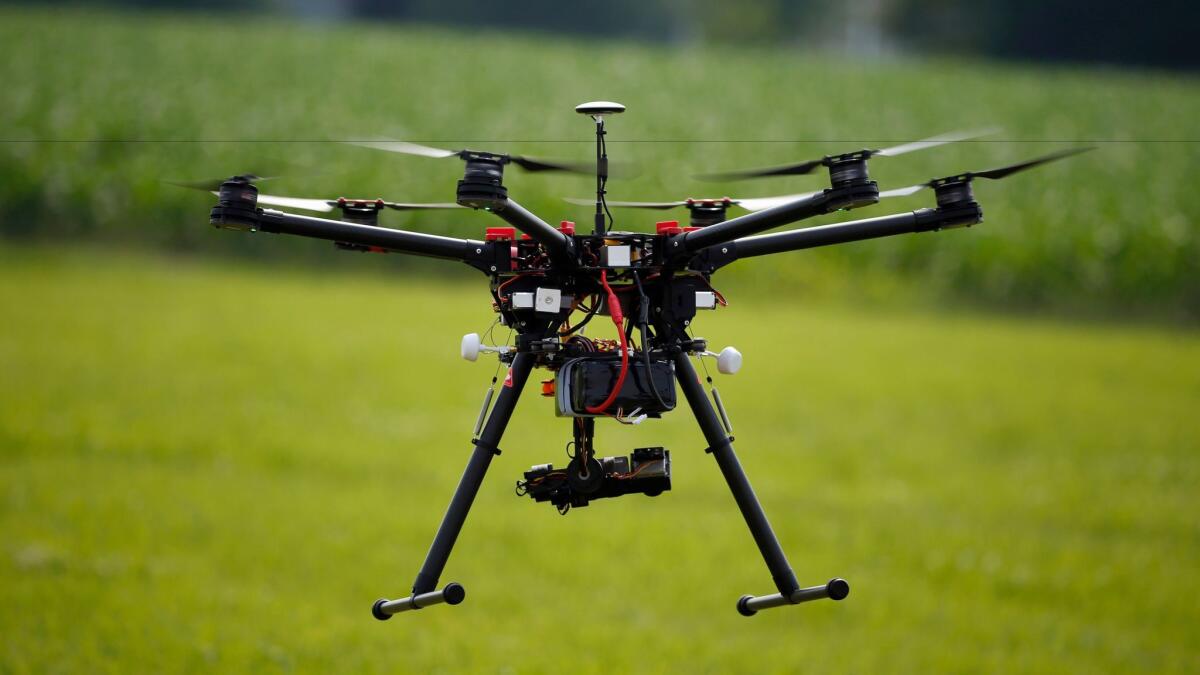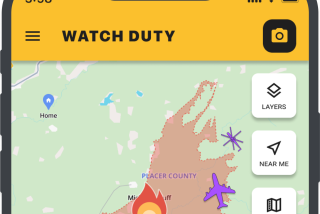What Elaine Chao as Transportation secretary could mean for commercial drone use

They don’t transport people around, but drones would fall under Elaine Chao’s purview if President-elect Donald Trump’s nominee is confirmed as secretary of Transportation.
In the role, Chao — who was Labor secretary under George W. Bush — would oversee the nation’s transportation systems and infrastructure, a wide-ranging job that also encompasses cars, trains and ships.
Among the questions she’ll have to answer on the drone front: whether the unmanned aerial vehicles will eventually be allowed to fly farther than their operators can see, function autonomously and fly over people on the ground.
Under Bush, Chao was known for being light-handed with new regulations, so the possibility of loose transportation rules under her watch could help expand commercial drone use, industry experts and advocates said.
“We’re probably one of the few industries that wants to be regulated,” said Gretchen West, senior advisor at international law firm Hogan Lovells, and co-executive director of the Commercial Drone Alliance trade group. “We want fair and relevant rules in place to allow broader operations.”
This summer, the Federal Aviation Administration released new rules on commercial drone use, which freed companies from having to request special permission from the federal government for any commercial drone endeavor, a waiver process that could take months.
But there are still limitations. The new rules prevent operators from flying beyond visual line of sight and at night, though users can fly during twilight hours if their drone has anti-collision lights. Flying over people who are not directly involved in the operation is also prohibited. The maximum speed is 100 mph.
Companies with plans that conflict with the rules can apply for a waiver as long as they can prove that their proposal is safe. The FAA has said it hopes the waiver process can inform future iterations of commercial drone rules.
Ryan Calo, an assistant professor of law at the University of Washington who specializes in robotics law and policy, said fewer regulations could benefit some specific drone industries, such as delivery. That potential enterprise has been hindered by regulations that prevent drones from carrying packages unless the total weight of the drone plus the load is less than 55 pounds, as well as limitations on flying beyond visual line of sight.
Changes to those rules could affect companies such as Amazon.com Inc., which has been testing drone deliveries of packages.
For more business news, follow me @smasunaga
More to Read
Inside the business of entertainment
The Wide Shot brings you news, analysis and insights on everything from streaming wars to production — and what it all means for the future.
You may occasionally receive promotional content from the Los Angeles Times.











